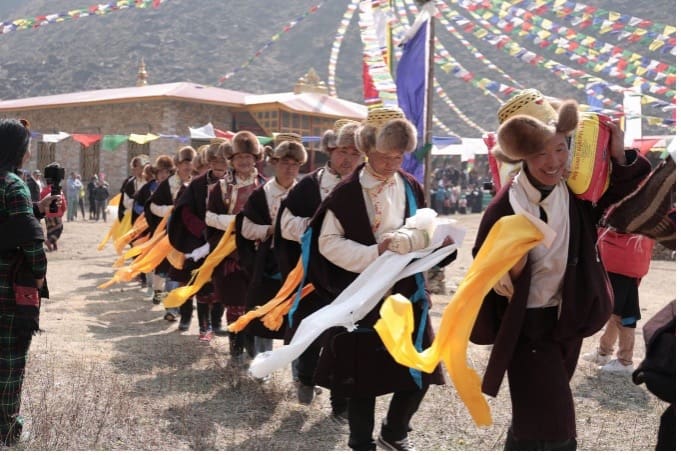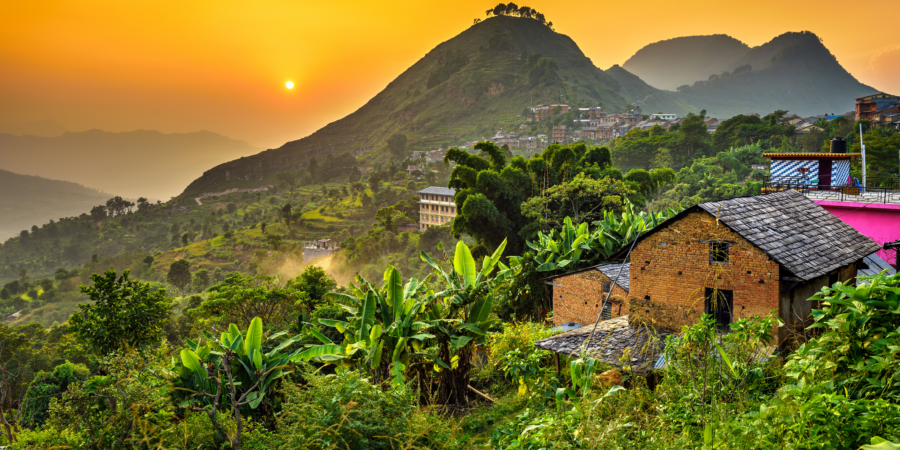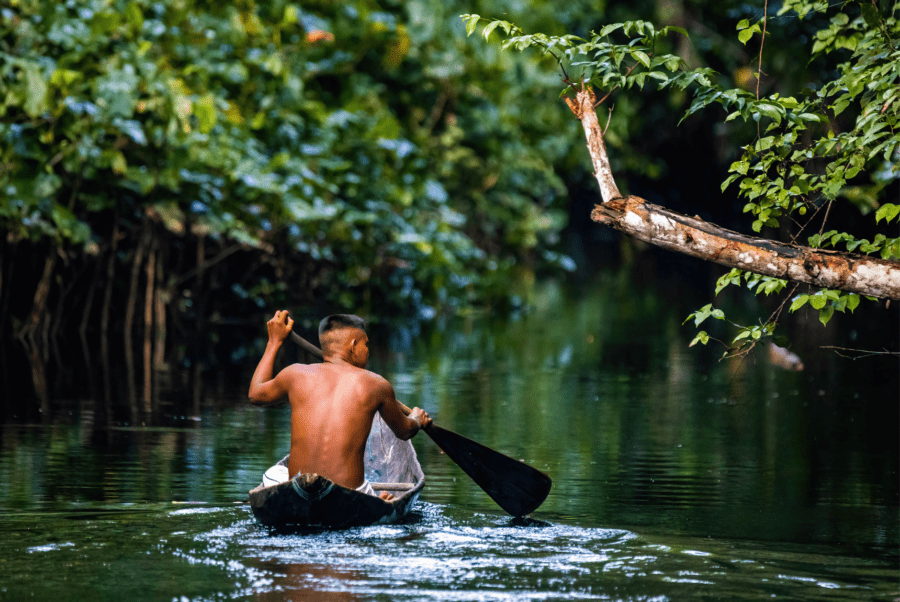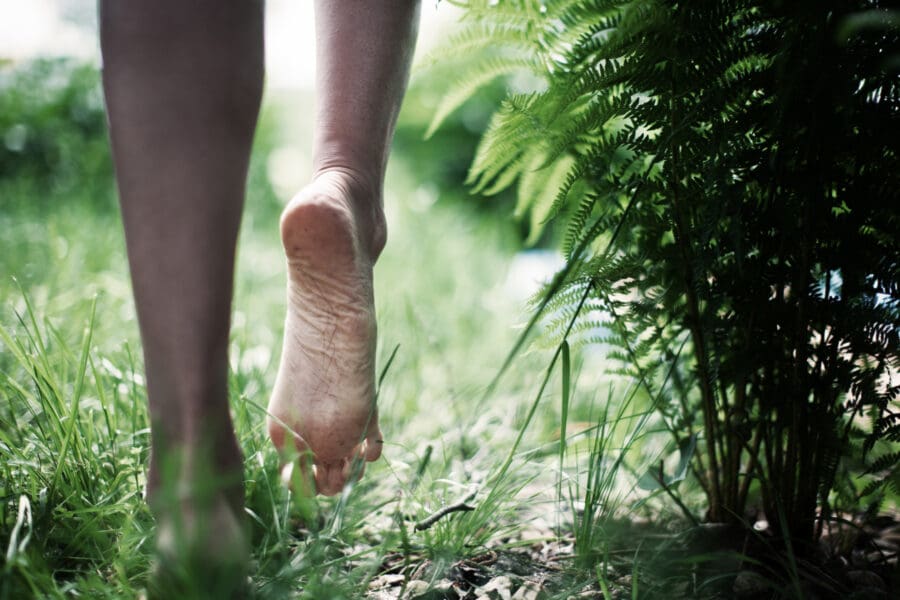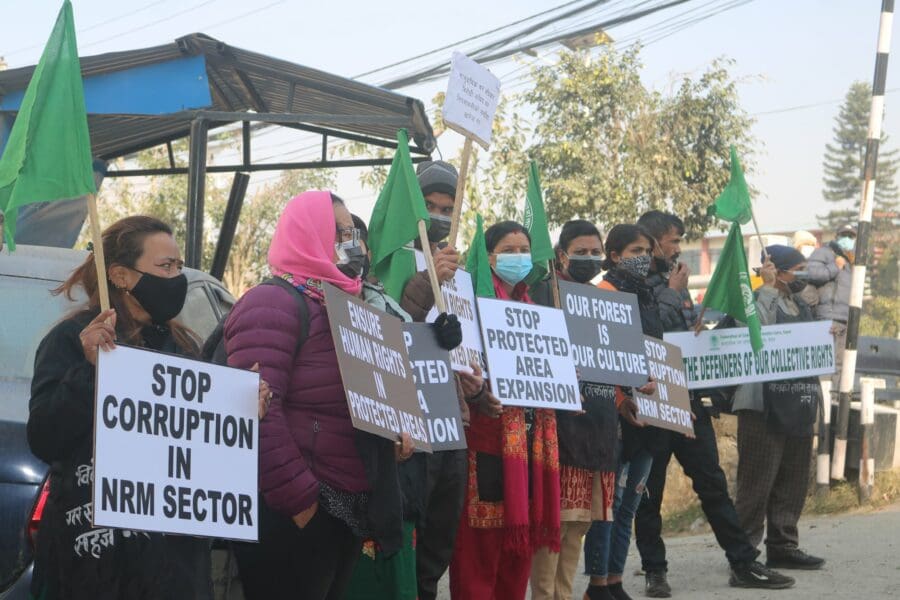In a welcome policy shift by Nepal’s local government in Gorkha District, the Indigenous Tsum Nubri community has won legal recognition for its traditional institution, shagya.
Shagya is an institution practiced by Indigenous groups in Nepal to protect their surrounding natural resources, biodiversity, and their cultures. The practice involves the establishment of committees made up of representatives from member villages to ensure that no killing, hunting, harvesting of wild honey, forest fires, flesh trading, trapping and sale of animals, and trading of domestic animals take place during specific times of the year.
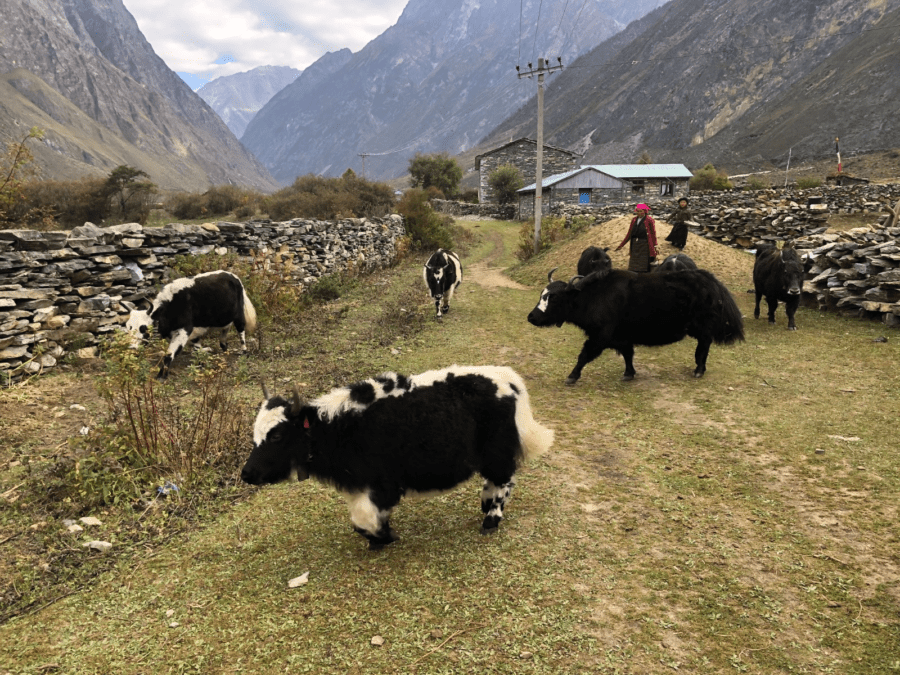
The passage of the Shagya Act by the Tsum Nubri community’s local municipality is a result of sustained advocacy from the community, supported by RRI partner, the Center for Indigenous Peoples’ Research and Development (CIPRED) and with funding through RRI’s Strategic Response Mechanism.
The new Act stipulates that the forests and other resources within Tsum Nubri are now going to be governed using the customs and values of shagya. While the law’s implementing regulations are yet to be drafted, it presents a beacon of hope for Indigenous communities throughout Nepal who have historically lacked legal recognition for their traditional practices for governing their forests.
Nima Lama, an Indigenous leader and the Chairperson of the Tsum Nubri Rural Municipality has been the driving force behind this policy shift. He said:
“We have been living in harmony with nature and biodiversity since time immemorial, as an open living museum that needs to be protected for our next generations.”
In addition, the Municipality of Tsum Nubri has also passed the Amchi Act, a “bonus” local law that recognizes and enforces the practice of traditional medicine by Indigenous healers from the community. Until this law, the practice of amchi had not been officially permitted (despite it being extensively practiced by households) and traditional healers were not allowed to practice openly. The Amchi Act will change that.
Dr. Pasang Dolma Sherpa, Executive Director of CIPRED and an Indigenous leader, says that traditional Indigenous practices often lack legal recognition in Asian countries where policies seldom favor community rights-based approaches for the conservation of natural resources.
“In Nepal, generations of Indigenous customary institutions and self-governance systems that contributed to sustainable management of biodiversity and ecosystem have been ignored,” Sherpa said. “Instead, new land and forest management processes were superimposed, causing injustice and marginalization that have exacerbated the challenge of protecting nature.”
For Nima Lama and his community though, the recognition of shagya is a welcome new trend that he hopes will be replicated across the country for other Indigenous groups.
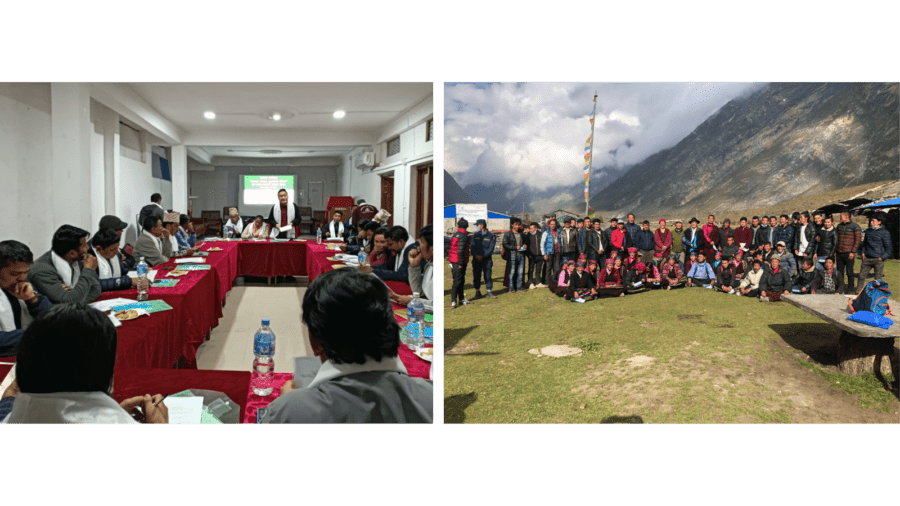
“The protection of our customary institutions and governance systems and continuation of the cultural values is only possible through legal recognition by local laws, which we are now proud to have.”
Dr. Pasang Dolma Sherpa is the Executive Director of the Center for Indigenous Peoples’ Research and Development (CIPRED). As a member of the Indigenous Sherpa nationality in Nepal, she works with Indigenous Peoples and local communities at the local, national, and global levels for the promotion and recognition of Indigenous Peoples’ traditional knowledge, cultural practices, skills, and customary institutions for the sustainable management of natural resources, forests, and ecosystems.

